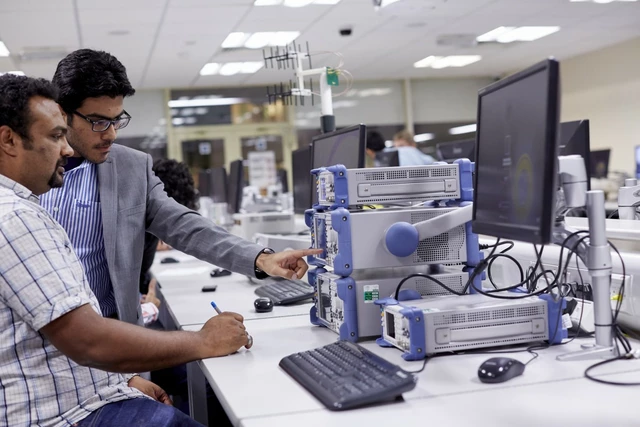Science & Technology – Insights & Trends
Welcome to the Science & Technology hub of India’s White Paper Insights. Here you’ll find straight‑forward analysis, real‑world examples, and data that help you understand what’s happening in labs, startups, and policy circles across the country.
Why Science & Tech Matters in India
India’s economy is shifting faster than ever. From mobile payments to renewable energy, new tech is creating jobs, cutting costs, and solving local problems. When a farmer gets a weather‑alert app, a student streams a free coding tutorial, or a hospital uses AI to read scans, the impact is immediate and measurable.
But the same speed brings challenges. Data privacy, infrastructure gaps, and skill shortages can slow progress. That’s why keeping up with reliable research matters – it tells you which solutions are working, where money should go, and what risks to watch out for.
Featured White Paper: Will Science and Technology Fail?
One of our most discussed papers asks a bold question: Will science and technology fail in the future? The author argues that while failures are possible, they are also part of the learning cycle. Think of a smartphone that crashes – developers fix the bug, the next model is better. The same principle applies to big systems like power grids or AI platforms.
The paper highlights three main risk areas:
- System overload: As devices multiply, networks can choke if not upgraded.
- Misuse of AI: Bad actors can weaponize algorithms, so oversight is key.
- Resource limits: Rare earth minerals and water scarcity can choke production.
Each risk is paired with a practical step. For example, the author suggests “building modular backups” for critical infrastructure – a simple way to prevent a total shutdown if one component fails.
What does this mean for you? If you’re a policy maker, it underlines the need for flexible regulations. If you’re an entrepreneur, it points to market gaps for resilience‑focused products. And if you’re a curious reader, it shows that setbacks are not the end; they’re signals to improve.
Besides this paper, the category includes topics like clean energy adoption, biotech breakthroughs, and digital education trends. Every article follows the same rule: give you the core idea fast, skip the jargon, and end with a clear takeaway.
Looking ahead, India’s science budget is set to grow, and private investment in tech startups is hitting record highs. That mix creates a fertile ground for innovation, but only if the right research reaches the right people. That’s the role of our platform – to turn dense data into digestible insights.
Ready to dive deeper? Browse the list of papers, pick the ones that match your interests, and start applying the ideas today. Whether you’re building a new app, drafting a policy brief, or just staying informed, the Science & Technology section is designed to give you the info you need – fast and clear.
Cyclone Montha hits Andhra coast, kills 2, floods 150,000 acres of crops
Cyclone Montha struck Andhra Pradesh on October 29, 2025, killing 2, flooding 150,000 acres of crops, and displacing over 11,000 people. IMD warns of lingering rains across central India as the storm weakens.
Will science and technology fail in the future?
In my exploration of whether science and technology could fail in the future, it's clear that this is a complex issue. While our reliance on technology is increasing, so too are the risks, including potential system failures or misuse. However, it's important to remember that the essence of science is learning from mistakes and improving. So, despite potential setbacks, the inherent nature of science and technology is to evolve, not fail. Ultimately, it's our responsibility to guide this development in a beneficial direction.







